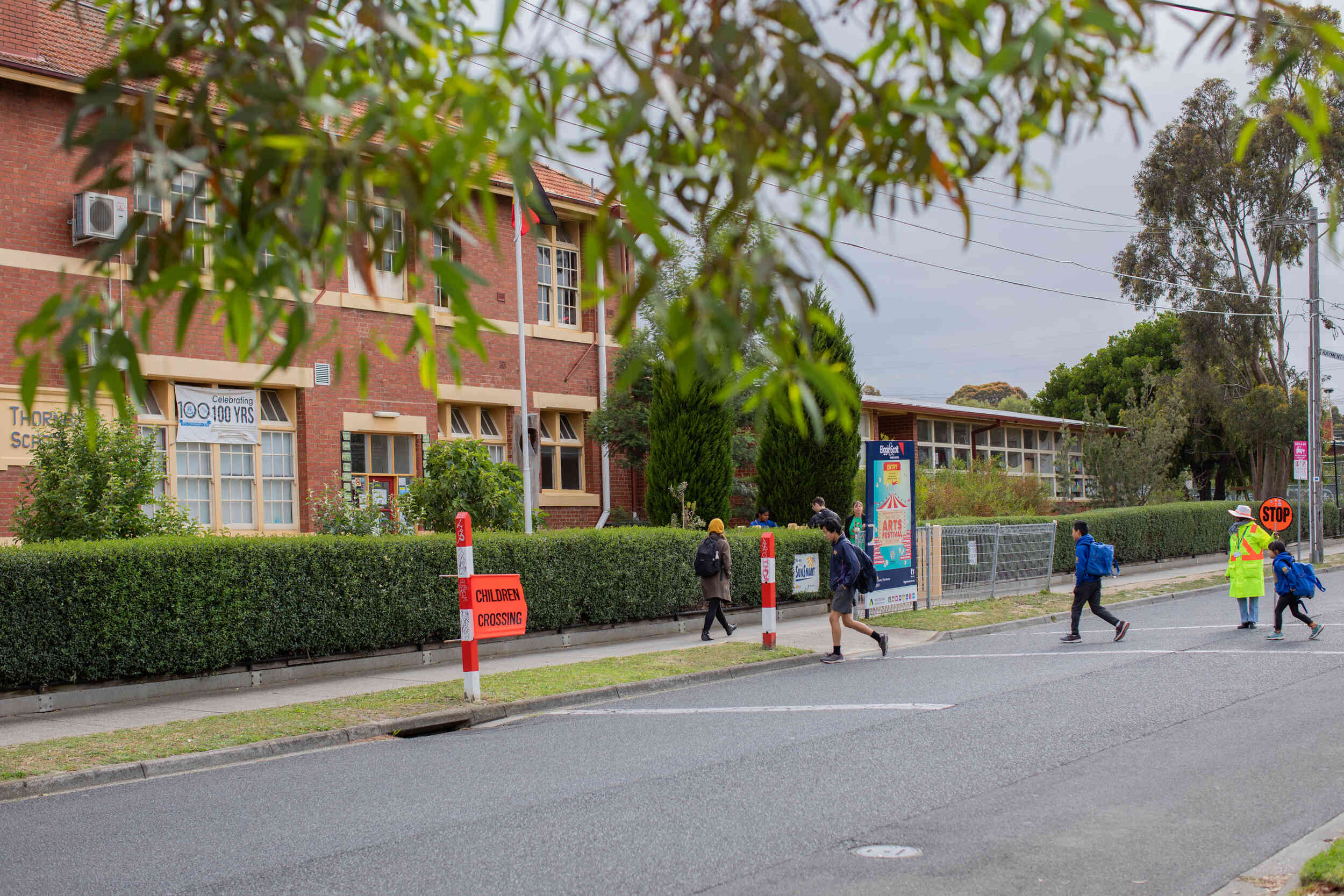This article supports the wellbeing of educators on site in schools.
What educators can do
Look after yourself
Make time to look after yourself so you’re in a better position to support those around you. Children and young people’s emotions can be affected by how adults are feeling.
Try to maintain your routines, know your limits, debrief with trusted colleagues, family or friends and try to do things you enjoy to manage your stress levels.
The Be You website provides information on wellbeing tools and how to practise mindfulness, which can help with stress management. The Beyond Blue website provides more information on how to look after your mental health during the coronavirus outbreak.
Maintain routines where possible
Maintain as many aspects of your routine as possible. Break tasks down into manageable chunks and give as much notice as possible about transitions and changes to routines and environments. Have realistic expectations of children and young people during this time, especially if they are transitioning in and out of school. More information on transitions is on the Be You website.
Talk about what’s happening in the news
Talk about the importance of getting information from trusted sources like government websites. Draw their attention to the facts around the outbreak and the reassuring aspects of this information. For example:
- Children are unlikely to experience severe symptoms if they contract coronavirus.
- There are few cases in Australia compared to the rest of the world
- Government and health professionals have been preparing for a pandemic for a long time and are acting quickly to minimise the outbreak and develop a vaccine.
It’s important to listen to any questions children and young people may have, and to let them know that it’s normal to feel concerned.
If the media or the news is getting too much for them, encourage them to limit their exposure.
For more information watch Beyond Blue’s video on Talking to kids about scary stuff in the news.
Focus energy in a positive direction
Encourage student led discussions and talk about what they can do to minimise the spread of coronavirus to help them feel more in control, for example practising good hygiene as explained by the World Health Organization.
Help regulate emotions
Support children and young people to express their emotions so they feel listened to and validated. Explain that it’s normal to feel a range of emotions during this time. The Be You website offers guidance on helping children and young people self-regulate their emotions.
Look for changes in behaviour
Children and young people who may be feeling overwhelmed by stress or anxiety could be tired, withdrawn, irritable, fearful, unmotivated, moody, lose their appetite, need more comfort, have trouble concentrating and feel physically unwell.
Consult with colleagues, school leaders or families if you’re unsure whether you’re witnessing a change in behaviour.
Support children and young people feeling stressed or anxious
Take extra care to notice and listen to children and young people during this time. This will give them the opportunity to explore their emotions and reach out for help.
If you think a child or young person in your care needs extra support, consult with the relevant leader at your school. Ensure you’re familiar with your wellbeing response plans so you know what to do if a child or young person is in distress.
Consider using the Be You Mental Health Continuum and BETLS observation tool on the Be You website.
What schools can do
Communicate with families
Promote mental health action plans
Maintaining mental health during this time may be a challenge given precautions against coronavirus are changing so many aspects of our lives. Encourage children and young people to manage their stress levels by using positive self-talk, exercise, healthy eating, connection with their friends, and finding ways to enjoy themselves.
Understanding stress
Everyone responds differently to stress
There will be a range of experiences in your classroom. Growing up can be stressful at times and the coronavirus outbreak may add another layer of stress. The coronavirus outbreak may also be harder for some children or young people to handle than others, for example those already experiencing anxiety.
This may change over time as different types of stress come and go from their lives.
Impacts of stress on learning
Children and young people develop coping skills through exposure to manageable amounts of stress. However, when there are high levels of stress or multiple stress factors (especially those they can’t control) then it can impact on their physical and mental health, relationships, and learning and development.
Correct at time of publication.
